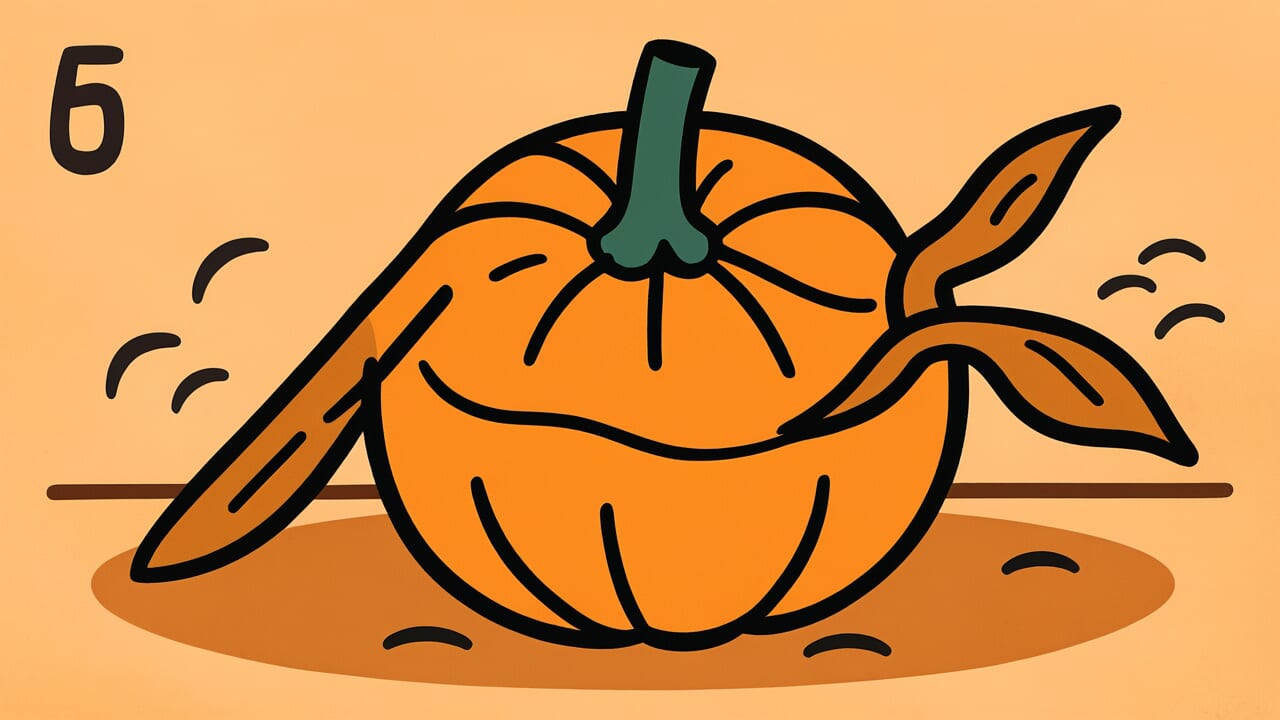How to Read “A horse doesn’t come out of a gourd”
Hyōtan kara koma mo idezu
Meaning of “A horse doesn’t come out of a gourd”
“A horse doesn’t come out of a gourd” means that unexpected good fortune doesn’t just happen. There are no easy wins in life.
The proverb expresses that miraculous events, like a horse coming out of the narrow opening of a gourd, simply don’t occur in reality.
People use this saying to remind others to face reality. It’s often directed at those expecting convenient opportunities or windfall luck.
The proverb carries a warning: “Such good deals don’t exist” and “You can’t get good results without effort.”
Even today, this expression works well against get-rich-quick schemes or promises of easy success.
The world is full of attractive-sounding offers. But just as a horse doesn’t come out of a gourd, such convenient things don’t happen in real life.
This saying encourages us to make calm, realistic judgments.
Origin and Etymology
This proverb is the negative form of the well-known expression “a horse comes out of a gourd.”
Let’s first look at “a horse comes out of a gourd.” A gourd has a narrow opening, so there’s no way a three-dimensional object like a horse could be inside.
Yet if a horse did come out, that would be truly miraculous. This expression has been used to describe unexpected good fortune or surprisingly positive events.
However, “A horse doesn’t come out of a gourd” expresses the opposite meaning. The particle “mo” is important here.
It carries the meaning of “even.” So the phrase means “even such impossible good fortune doesn’t happen.” This creates a strong negation.
This expression likely emerged from the realistic worldview of common people during the Edo period.
Even if you hope for a miracle like “a horse from a gourd,” such convenient things don’t actually happen in reality.
This reflects a grounded way of thinking. The saying teaches the importance of not being misled by dreamlike stories and facing reality squarely.
The prevailing theory is that people began using this phrase to convey this wisdom.
Usage Examples
- I warned my friend who was about to invest in a get-rich-quick scheme that a horse doesn’t come out of a gourd, so he should think carefully
- I thought I could pass without studying, but I learned that a horse doesn’t come out of a gourd—results don’t come without effort
Universal Wisdom
The proverb “A horse doesn’t come out of a gourd” contains deep insight about the relationship between human desires and reality.
Everyone wishes they could gain good fortune without effort. We want to succeed without hardship, to become wealthy without struggle.
If such dreamlike opportunities existed, we’d naturally want to jump at them. This is human nature.
This psychology hasn’t changed from ancient times to the present day.
But our ancestors knew that such sweet expectations could lead people astray. Simply waiting for miracles brings nothing.
Worse, it can lead to fraud and failure. They learned this through long historical experience.
That’s why they used the expression “A horse doesn’t come out of a gourd” to convey the importance of facing reality.
This proverb has been passed down through generations because humans constantly waver between “the easy path” and “the right path.”
When we’re about to be captivated by attractive offers, these words bring us back to reality.
It’s not a cold statement. Rather, it’s a warning given with affection.
It gently teaches us the truth that steady effort is the surest path forward.
When AI Hears This
Information theory has an iron rule: “output complexity cannot exceed input complexity.”
For example, it’s mathematically impossible to perfectly restore a 1000-character document with more information from a 100-character text file.
This is the essence of Kolmogorov complexity, showing the limits of compression.
A horse with complex structure cannot come out of a simple container like a gourd. This intuition actually captures the conservation law of information accurately.
The same principle works in modern AI image generation. There are techniques to “super-resolve” low-resolution images.
But these don’t create information that wasn’t in the original image. They use massive training data as an external information source.
They probabilistically fill in the most likely patterns. In other words, you need not just input but also hidden information sources like training data.
What’s interesting is that this proverb is used in contexts of “jokes or lies.”
From an information theory perspective, it’s natural that truth cannot emerge from groundless stories.
If input information (evidence) is zero, output (truth) is also zero. People in the Edo period understood information irreversibility without using formulas.
This is a great example of how accurately human intuition can grasp mathematical truth.
Lessons for Today
This proverb teaches us the importance of living with our feet on the ground.
Look at social media—it’s filled with stories of easy success and overnight riches. Every time we see such information, we tend to think “maybe such luck will come to me too.”
But “A horse doesn’t come out of a gourd” helps us regain our composure.
Behind attractive-sounding offers, there may be hidden risks and pitfalls. When you’re about to be swept away by sweet temptation, remember these words.
However, this doesn’t mean you shouldn’t have dreams. Rather, it teaches that steady step-by-step progress is the true path to success.
Don’t wait for miracles—carve out your future with your own hands.
With this positive attitude, you can steadily approach your goals. Face reality while maintaining hope and keep moving forward.
That is the true wisdom this proverb conveys.



Comments